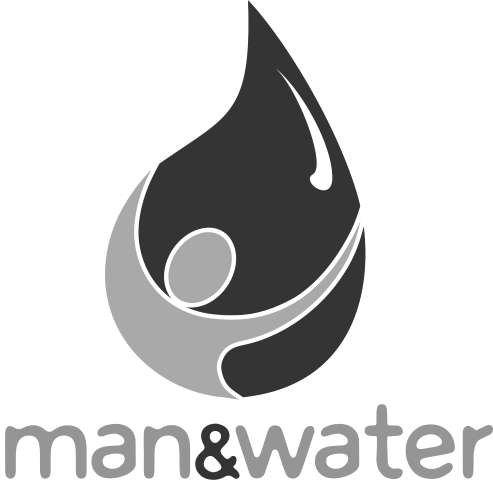The Chair UNESCO Chair Con-E-Ect is hosted at the Eastern Macedonia and Thrace Institute of Technology (EMATTECH), and specifically to the Department of Forestry and Natural Environment Management, which is the legal entity. It consists of the academic and research staff of EMATTECH and associate collaborators who work on a volunteer basis to fulfill its objectives and it aspires to bring together distinguished researchers of international range to share their know-how and to work pro bono on innovative solutions of riparian management.
The Chair Con-E-Ect will be active in the region of Eastern Macedonia and Thrace; a region with a unique ecosystem in Europe, which stretches over an area of 200 km and consists of five major riparian and deltaic ecosystems, it will also highlight concerns that involve global matters for riparian and deltaic ecosystems, such as the protection of rare ecosystems, their endangered species and cultural uniqueness, as well as the growth of their local communities based on “green” (environmentally friendly) approaches.
The mission of the Chair is to join forces with national, regional and international stakeholders, in order to elaborate an International Common Strategy Framework for the Conservation and Ecotourism of Riparian and Deltaic Ecosystems. The Framework’s targets will be accomplished through promotion of research by collecting and assessing data, dissemination of research findings, training and awareness-raising activities addressed to various target groups, so that, finally, all stakeholders will harmonize their actions towards the sustainable management of the riparian and deltaic ecosystems via the development of ecotourism. The creation of this Chair, dealing with crucial humanity issues, will be of immense importance not only for the Balkan region, but also for the international scientific community.
The Chair will conduct activities related to education, research, institutional development and provide scholarships to students and visiting professors. Among others, the Chair will undertake the publication of a series of codes of conduct for sensitive ecosystems, taking first into account the specific bioclimatic zone of Eastern Macedonia and Thrace and, depending on the progress of the project, the different bioclimatic zones on a global level with the help of experts from various research and scientific institutions from the different bioclimatic zones of the planet. The Chair will also be responsible for the creation of an exemplar “Cultural Ark”; a database that will include information related to the cultural and historical heritage of Eastern Macedonia and Thrace, its preservation and promotion. Last but not least, the Chair will publish a series of educational material and disseminate educational practices and procedures related to ecosystems.
THEMATICS
- Environmental Sciences
The Chair will work on the research and classification of material that relates to the effects climate change has on riparian and deltaic ecosystems, given the fact that they are the first to be affected because of their immediate proximity to the sea and their imminent altitude difference with it. The Chair will also work on the completion of research projects that focus on topics including, but not limited to, hydrology, management of deltas and riparian environments, and ecophysiology of aquatic environments through continuous measurements and analyses.
- Education
The Chair will work for the creation of a series of educational material, which will be addressed to all ages (pre-school, school, adults). This material will be thematically relevant to the riparian and deltaic ecosystems (climate change, endangered species), with emphasis on the accustomization of all age groups with them. For this purpose, actions like summer camps and web-seminars will be organized. Therefore, it will be possible to cultivate the right ideas on our target groups in order to spread the philosophy of sustainable development.
- Ecotourism
The Chair has as an objective the raise of awareness on best practices, of adults who deal with tourism and ecotourism. This practice will contribute to make all interested parties capable of undertaking action about ecotourism on a local level. Its main goal would be the creation of new opportunities of employment in this field, especially due to the financial crisis in Greece.
- Culture
The Chair aspires to create, through its research, a ‘Cultural Ark’: a database which will include content related to the cultural legacy of the Eastern Macedonia and Thrace region, in an effort to preserve and promote, on the one hand, the cultural wealth of the region, and, on the other, to offer optimization, all for the benefit of environmental management. No other region on the globe contains so many cultural elements in such a limited aquatic environment.



